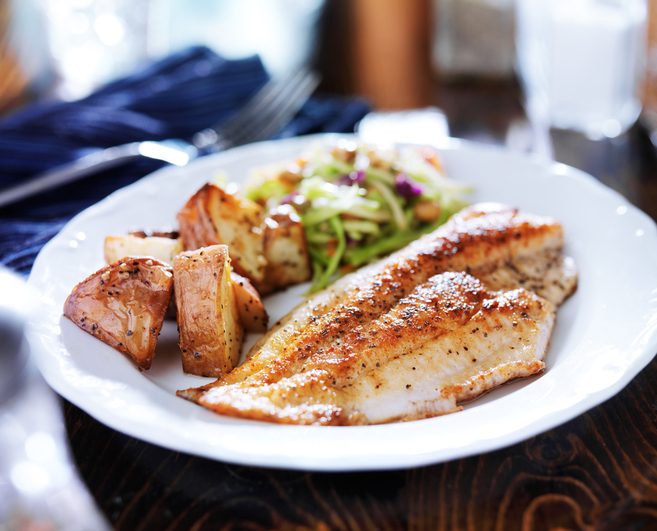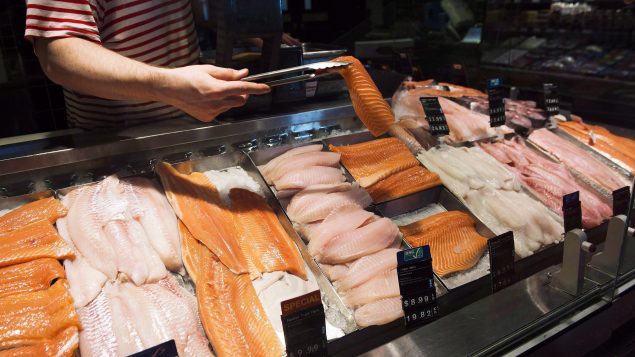‘Alarming rates of…fraud’ flagged
Oceana Canada has found 44 per cent of the seafood it tested was something other than what the label said it was. The ocean advocacy group collected 382 samples from grocery stores and restaurants in five Canadian cities and says it found “alarming rates of seafood fraud.”
The study focused on fish species that other studies have found to be prone to misrepresentation because of their economic value, availability or popularity.

The fish your order in a Canadian restaurant may not be what you ordered, according to a new study. (iStock)
Half of restaurant samples mislabelled
In this study, the mislabelling was highest in restaurants, where 52 per cent of the seafood was mislabelled. In grocery stores and markets, 22 per cent of samples were mislabelled.
Oceana Canada is calling on the Canadian government to institute what it calls boat-to-place traceability such as exists in the European Union. Stringent traceability and comprehensive labelling requirement there are said to have resulted in a 16 per cent decrease in fraud between 2011 and 2014.
Advocate warns of health and safety risks
“Beyond economic concerns, seafood fraud creates food safety and health risks, threatens our oceans, cheats honest fishers and vendors, and creates a market for illegally caught fish, which masks global human rights abuses,” said Julia Levin, Seafood Fraud Campaigner, Oceana Canada in a news release.
(Most Canadians do not eat the recommended two servings of fish per week.)







For reasons beyond our control, and for an undetermined period of time, our comment section is now closed. However, our social networks remain open to your contributions.